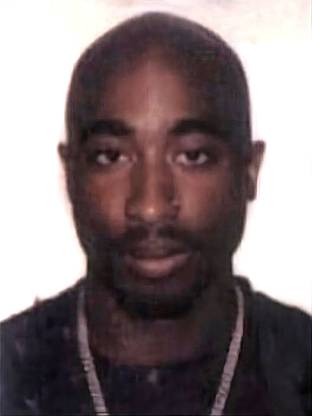Duane “Keffe D” Davis is charged with the nearly 30 year old murder of rapper Tupac Shakur, and his lawyer argued that the case should be dismissed due to the significant delay in the prosecution. Davis’ attorney, Carl Arnold, filed a motion in Las Vegas claiming that the prolonged lag in bringing charges has violated his client’s constitutional rights. Arnold argued that the delay has resulted in the fading of memories, the loss or destruction of key physical evidence, and the death or disappearance of witnesses crucial to the case. The issue is whether Davis’s due process rights under the 5th and 14th Amendments were violated.
According to Arnold, the Las Vegas Metropolitan Police Department (LVMPD) was already in possession of the facts in 2009 that allegedly implicated Davis in Shakur’s murder. However, the Clark County District Attorney’s Office waited another 14 years to bring charges against Davis without providing a clear explanation for the delay. Arnold contends that this delay has irreversibly harmed Davis’s case and violated his right to a fair trial.
One of the key arguments in Arnold’s motion was that the prosecution’s case relies solely on Davis’s confessions, without corroborating evidence. The basis of this claim appears to rely on an old legal principal, Corpus Delicti, which holds that there must be more than a mere confession to prosecute someone for murder. The motion, however, appears to be a straightforward “Serna” motion which allows a judge to dismiss if there is an undue delay in prosecution and such delay was in bad faith, or is simply unfairly prejudicial to the defense.
Witnesses to the 1996 shooting, including those who were allegedly with Davis in the Cadillac during the drive-by, are either deceased or incarcerated, making them unavailable for testimony. Arnold also mentions that Sean “Diddy” Combs, who Davis claims solicited a $1 million hit on Shakur and Suge Knight, is not involved in the case, despite being referenced in Davis’s confessions.
Arnold also argued that Davis had entered into a proffer agreement with federal investigators in 2008, which was supposed to offer him immunity for his statements. However, Arnold claims that this agreement has not been honored by the prosecution. The proffer allowed Davis to confess his role in the murder without fear of those statements being used against him in court. Davis later repeated his confession in 2009 during an interview with Las Vegas detectives.
The defense claimed that the original proffer agreement should still hold, and that the state is now violating the promises made to Davis by federal authorities and the LVMPD. However, prosecutors argue that the proffer was not an immunity agreement and that the LVMPD detectives did not promise Davis that he would not be prosecuted. Instead, they clarify that the statement was voluntary and that no assurances were made to Davis at the time.
The motion denied. A trial set for March 17, 2025.
Despite the legal issues surrounding the proffer, Davis’s repeated public confessions, including in media interviews, a 2018 docuseries, and his 2019 memoir, have reignited the investigation. These confessions played a critical role in the eventual charges brought against him in 2023.
Similarly, in HBO series The Jinx, serial murderer Robert Durst’s statements during the filming of a documentary of him, and the notoriety surrounding the murder investigations of his wife and close friend, led to his arrest and successful prosecution in Los Angeles.

